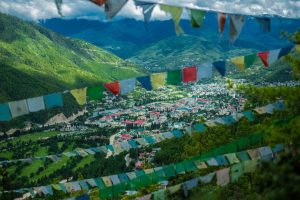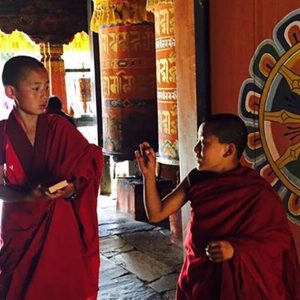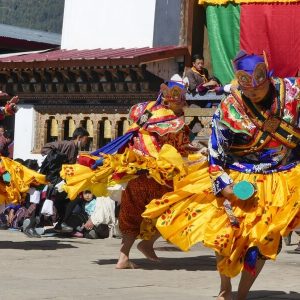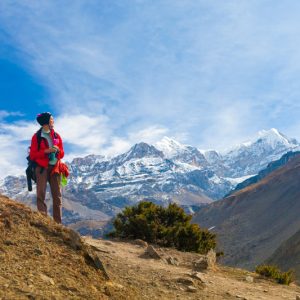Bhutan is often called the “Last Shangri-La,” not just for its stunning Himalayan landscapes but also for its deeply rooted cultural values. Life here is shaped by centuries of Buddhist traditions, respect for community, and an emphasis on simplicity.
For travelers, understanding local customs isn’t just polite—it’s a way to unlock more meaningful experiences and avoid unintentional faux pas.
If you’re planning your journey with Travel Across Bhutan, one of the country’s trusted travel agencies, keep these essential do’s and don’ts in mind.
They will help you navigate visits, meals, social gatherings, and spiritual spaces with respect.
Visits & Tourism

Visiting dzongs (fortresses), temples, and villages is a highlight of any trip. These places are living cultural sites, so etiquette matters.
Do’s
- Walk clockwise around temples, chortens, and mani walls: In Buddhist tradition, clockwise movement follows the path of the sun and symbolizes harmony with the universe.
- Remove shoes and hats before entering religious buildings: This shows humility and prevents dirt from entering sacred spaces.
- Dress modestly: Shoulders and legs should be covered in dzongs and monasteries.
Don’ts
- Don’t sit with your back facing statues of the Buddha: Turning your back is considered disrespectful, as it suggests disregard for the sacred presence.
- Don’t point with your finger: Use an open palm instead; pointing is seen as impolite.
- Don’t take photos where signs forbid it: Many monasteries prohibit photography inside to preserve sanctity.
Gastronomy & Dining

Meals in Bhutan often center around sharing and hospitality. Dining is as much about community as it is about food.
Do’s
- Try traditional dishes like ema datshi (chilies with cheese): Accepting food shows appreciation for Bhutanese culture.
- Eat with your right hand (if eating by hand): The left hand is considered unclean in traditional etiquette.
- Say “meshu meshu” if you don’t want more: Politely put your hand over your food bowl to decline refills, otherwise hosts will keep serving.
Don’ts
- Don’t waste food: Food is precious in the mountains, and leaving excess on your plate may be seen as wasteful.
- Don’t expect alcohol everywhere: While ara (local spirit) may be offered, Bhutan is conservative about alcohol in many settings.
- Don’t rush meals: Eating is a social ritual, not something to hurry through.
Socializing & Daily Life

Interacting with Bhutanese people can be warm and welcoming if approached with respect.
Do’s
- Greet with a smile and a slight bow: It reflects politeness and humility.
- Use two hands when offering or receiving items: This conveys sincerity.
- Respect elders: Allow them to sit first, walk ahead, or begin eating before you.
Don’ts
- Don’t display public affection: Kissing or hugging in public is considered inappropriate.
- Don’t raise your voice or argue: Bhutanese society values harmony and calmness.
- Don’t touch children’s heads: The head is seen as spiritually significant.
Religion & Sacred Practices
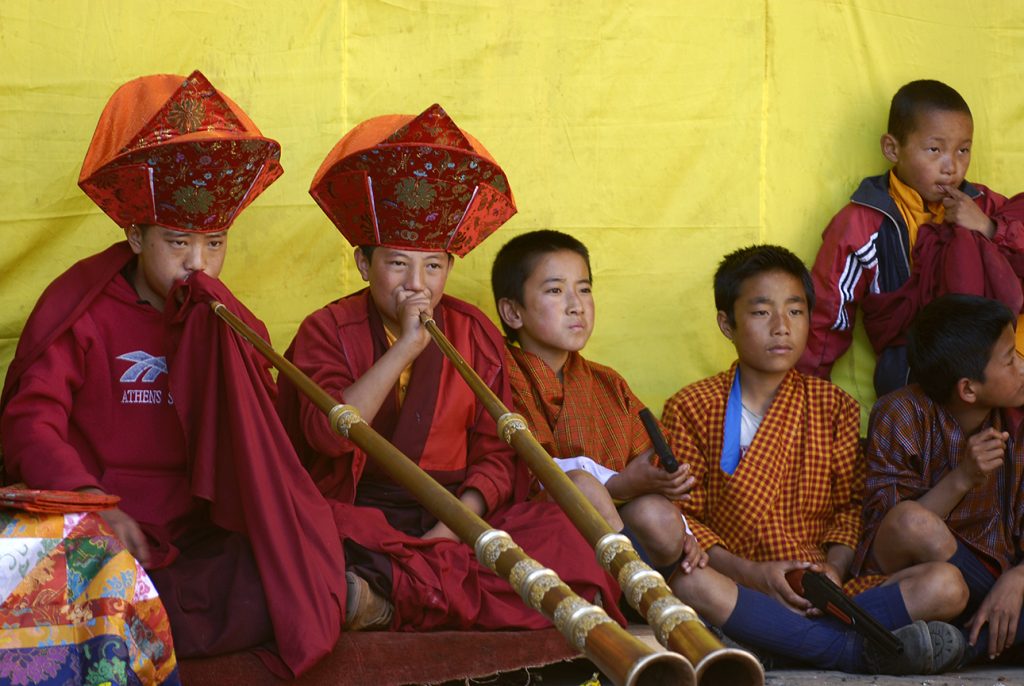
Buddhism is woven into daily life, and spiritual spaces deserve special respect.
Do’s
- Spin prayer wheels clockwise: This follows the direction of mantras written inside the wheel.
- Offer small donations at monasteries: It helps upkeep and supports monks.
- Listen quietly to chants or rituals: Participation isn’t expected, but respectful presence is.
Don’ts
- Don’t step over religious texts or instruments: These are sacred and must be treated with reverence.
- Don’t sit on prayer cushions meant for monks: They are reserved for practitioners.
- Don’t interrupt monks during ceremonies: Silence is essential during rituals.
Special Local Laws & Rules

Bhutan’s government actively protects its culture and environment, and travelers are expected to comply.
Do’s
- Respect the ban on plastic bags: Bhutan was among the first countries to outlaw them for environmental reasons.
- Follow smoking restrictions: Tobacco is heavily taxed, and smoking in public areas is prohibited.
- Carry your travel permit: Certain regions are restricted, and authorities may ask for documentation.
Don’ts
- Don’t litter: Cleanliness is taken very seriously in Bhutan.
- Don’t assume free roaming: Independent travel is not allowed; foreign visitors must book through a registered tour operator like Travel Across Bhutan.
- Don’t fly drones without permission: Drone use is strictly regulated for cultural and security reasons.
Shopping & Consumerism

Shopping in Bhutan is a cultural exchange rather than a commercial transaction. Markets reflect community life, not mass consumerism.
Do’s
- Buy local handicrafts: Woven textiles, wooden bowls, incense, and thangka paintings are authentic souvenirs that support artisans.
- Use cash, preferably small bills: Cards are accepted in some shops, but cash is most common.
- Ask before photographing stalls: Vendors appreciate being respected.
Don’ts
- Don’t bargain aggressively: Light negotiation may be accepted, but hard bargaining is seen as disrespectful.
- Don’t buy antiques: Exporting cultural or religious artifacts is illegal. Stick to clearly marked handicrafts.
- Don’t expect malls or flashy shops: Bhutan has preserved a low-key, tradition-focused shopping culture.
Final Thoughts
Understanding Bhutanese customs isn’t about memorizing rules—it’s about honoring a culture that values respect, spirituality, and simplicity. By following these do’s and don’ts, you’ll not only avoid misunderstandings but also experience the country in a more authentic way.
For a journey that combines cultural depth with seamless travel planning, consider booking your trip through Travel Across Bhutan, a local agency dedicated to crafting experiences that connect visitors to Bhutan’s living traditions.

